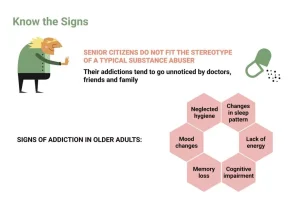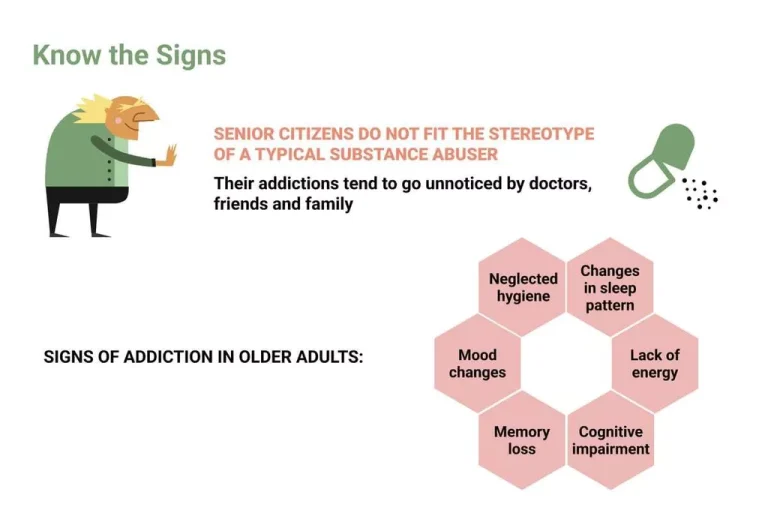
For instance, residents can take the bus unaccompanied for long commutes or mentor a new resident. To get to self-sufficiency, the resident must complete the sober houses boston 12-step program and have a verifiable history of maintaining their sobriety. The sober living home also removes all restrictions, and the resident may move out of the sober living home into their private residence. However, if a resident relapses at this stage, the resident goes back to the restrictive phase. Residents in a Massachusetts sober living program enter into the program voluntarily and therefore can leave the sober home willfully. Conversely, most halfway house residents enter the program through a court order, and quitting before the agreed end date can have devastating consequences, including reincarceration.
Recovery Resources in Massachusetts
- Living in one of our sober houses aids the sometimes difficult transition of reentering the community as a newly sober person.
- Robert was educated in the Lowell Public Schools and University of Massachusetts.
- House Rules in Sober Houses A sober house is often considered to be the br..
- Many homes follow established guidelines and best practices, including curfews, mandatory meetings, and random drug testing, to maintain a stable recovery environment.
- Our homes are smoke free but there are plenty of designated outdoor smoking areas.
Pamela is a past Board member of the Westford Business Association and past Chair of the Greater Lowell Chamber of Commerce. She served three years as co-chair of SEGL part of the United Way, which raises money for local non-profit organizations so that children of Greater Lowell can enjoy a safe summer of fun, learning, and employment. Prior to healthcare Pamela worked in the insurance industry as a licensed broker for Colonial Life and Accident.
- University of Massachusetts LowellA nationally ranked, public research institution, partof the University of Massachusetts system.
- Most importantly, she loves to spend quality time with her Husband, family and friends.
- Many also provide mentorship, job readiness support, and connections to local recovery events.
- After examining the website, we found that it has the capacity to provide help to eight sober living families and six emergency shelter families.
Project NORTH

Sober living provides an opportunity to develop essential coping skills that are necessary for maintaining long-term recovery. Living in a supportive and structured environment allows you to learn and practice healthy ways of dealing with stress, triggers, and cravings without resorting to alcohol or other substances. One of the primary objectives of sober living is to help residents maintain their sobriety. They are encouraged to attend support group meetings, engage in therapy or counseling sessions, and participate in activities that promote healthy lifestyles. Sober living homes provide a safe space for individuals in recovery to live without the temptations or triggers they alcoholism symptoms may encounter in the outside world.
Benefits of Sober Living Homes in Quincy, MA

Curran’s Calling is a nonprofit scholarship foundation dedicated to helping individuals seeking recovery access structured sober living by providing financial assistance. Their scholarships bridge the gap between inpatient treatment and independent living, relieving some of the financial burden placed on individuals and their families. In addition to financial support, Curran’s Calling offers life-skills mentoring and recovery coaching to help recipients rebuild their lives with confidence and stability. Strathmore House is a transitional sober living program that offers experienced staff, reliable services and competent care. The program is designed to provide male residents 18 and over with a comfortable, safe and structured environment.
Sober House Operators in Worcester, Massachusetts
When the opportunity came to work for The Megan House Foundation, Tanya knew immediately that this was the job for her. Her background in business administration, combined with her interest in recovery, made it the perfect fit. Just some of these include the Bike Connector, Merrimack Valley Food Bank, The Wish Project, Catholic Charities, The Kristy Williams Memorial Foundation, and Toys for Local Children. She also works with several homeless shelters and rehab facilities, with the understanding that providing financial guidance is a significant part of their journey to stability and long-term recovery.
The rule for staying in a sober living home is simple – residents must maintain their sobriety and keep to the house rules. Residents in a sober housing facility can expect the facility to support their sobriety by encouraging house members to attend house meetings, counseling, therapy, and 12-step meetings. Instead, they provide their occupants with a safe and supportive community, all working to prevent a relapse.

Oxford House Varnum

Choosing the best path to recovery is a personal and often challenging decision. For individuals in early recovery, sober living can provide the stability and support necessary to build a strong foundation for long-term sobriety. Whether you’re considering sober living for yourself or a loved one, understanding what it offers and how it complements addiction treatment can help you make the right choice. Upon arriving at a sober-living house from rehab or detox, a woman can expect a safe and supportive environment that promotes long-term sobriety. The house managers will assist in helping her settle in and become familiar with the house rules and daily routine. She will receive help and support from those knowledgeable about addiction and recovery.
